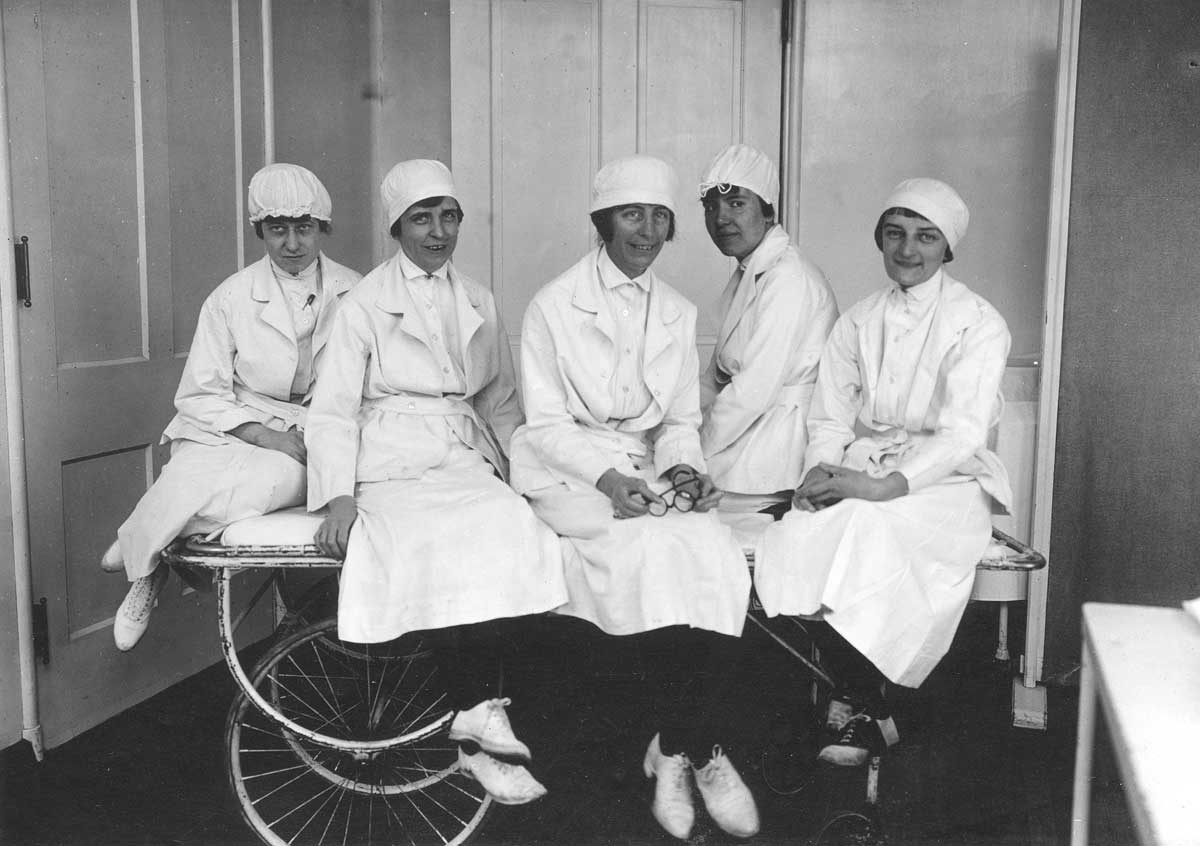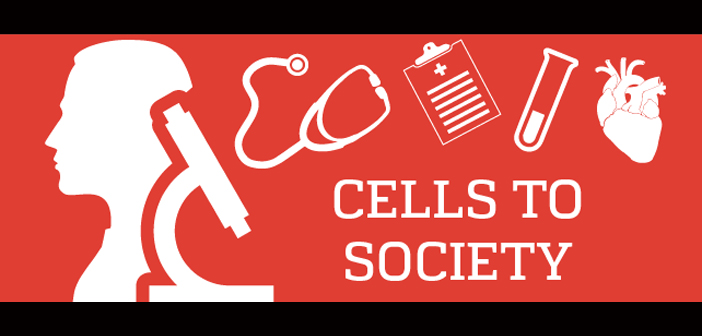By Jim Miller
Cardiovascular disease continues to be the leading cause of serious illness and death among postmenopausal women, and there is strong evidence that changes in lipids and lipoproteins during menopause significantly contribute to the development of that disease.
While women with elevated lipid levels are treated with statin therapy, “those with borderline to moderate elevations in LDL [low-density lipoprotein] cholesterol that occur with menopause are unlikely to be offered any preventive therapy,” notes Jerilyn K, Allen ScD, RN. She is the lead author of a new study that points to a promising natural treatment for women in this borderline group: isolated soy protein containing isoflavones. The study appeared in the January issue of Menopause.
The randomized, controlled clinical trial of 216 healthy postmenopausal women with borderline to moderately elevated LDL showed that participants who received isolated soy protein containing isoflavones experienced a significant decrease in total cholesterol, LDL cholesterol, and the number of LDL particles. The women took 20 grams of powdered soy protein mixed in a beverage daily. On average, their LDL cholesterol decreased 3.3 percent, LDL particles decreased 5.6 per-cent, and beneficial high-density lipoprotein cholesterol (HDL) increased 4.4 percent.
Allen notes that the decrease in LDL particle number is particularly relevant, since recent studies have shown this measure to be “a stronger predictor of the progression of heart disease or coronary incidents than LDL cholesterol levels alone.”
Women can add soy protein to their diets by substituting foods such as soy beans, soy milk, and tofu for higher fat animal-based protein. Allen cautions, however, that soy protein with isoflavones will not lower cholesterol with the same effectiveness as medications. Soy supplementation, she says, would best be an option for “postmenopausal women who do not require statins or other medications to control their levels.”
 Jessica Ockimey: Performing Over the Top
Jessica Ockimey: Performing Over the Top Contributors-Summer 2011
Contributors-Summer 2011 Letters to the Editor
Letters to the Editor Defining Moments
Defining Moments Cells to Society—February 2019
Cells to Society—February 2019







